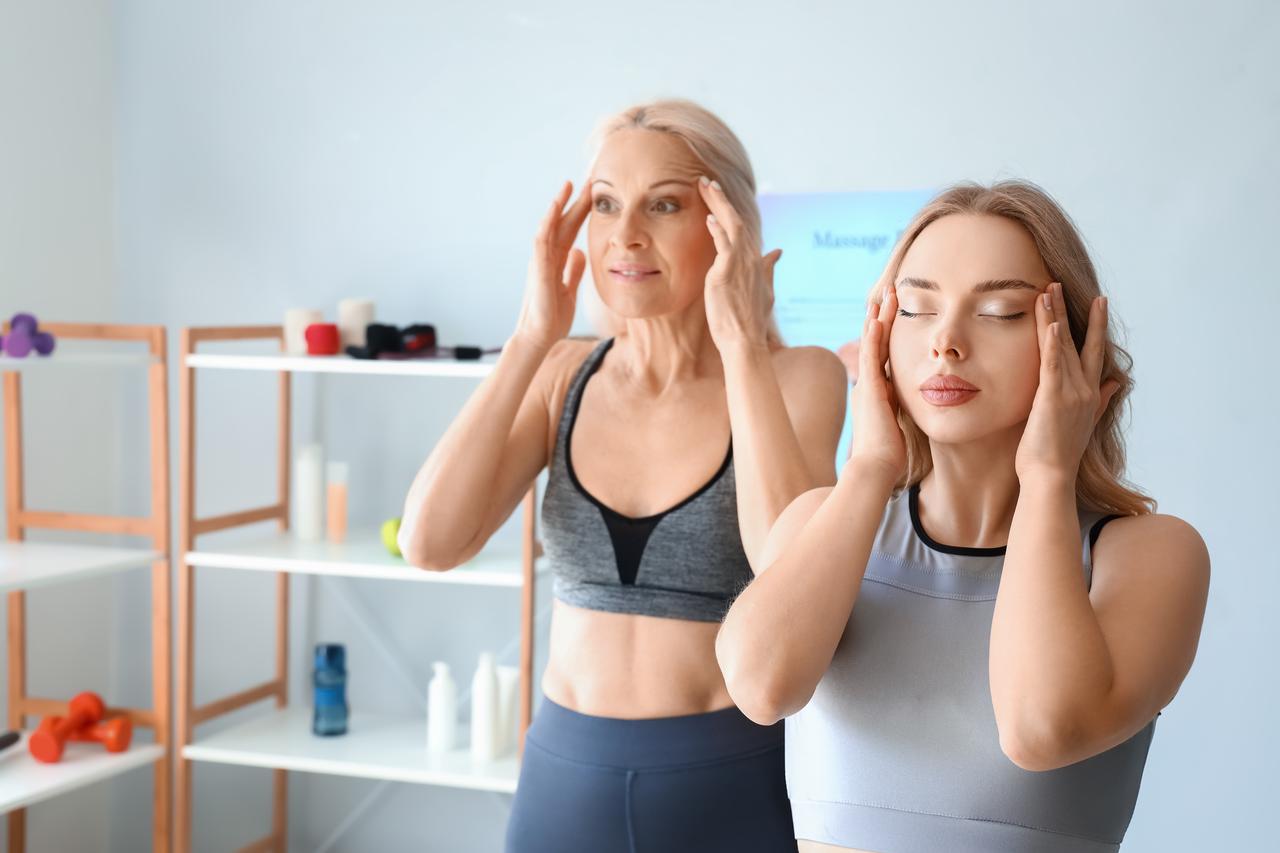
Cardiovascular Training: Essential Anti-Aging Benefits for Health and Longevity
While strength training and flexibility exercises have clear anti-aging benefits, cardiovascular training—often referred to as “cardio”—is fundamental for supporting heart health, improving circulation, and enhancing lung function. Cardio doesn’t just keep the heart strong; it can significantly impact cellular health, reduce inflammation, and even improve mental well-being, all of which are crucial factors in slowing the aging process.

How Cardio Slows Down Aging
Cardiovascular exercise, particularly aerobic activities like running, cycling, and swimming, has been shown to improve mitochondrial health. Mitochondria are responsible for energy production within cells, and as we age, mitochondrial function naturally declines. This decline contributes to lower energy levels, reduced metabolic efficiency, and increased susceptibility to age-related diseases. Cardiovascular exercise helps mitigate these effects by promoting the growth of new mitochondria, thereby improving cellular energy production and reducing fatigue, which are common symptoms of aging.
One study published in Cell Reports revealed that individuals engaging in regular cardiovascular exercise experienced improved mitochondrial quality and function, supporting healthier aging at the cellular level (Sreekumar et al., 2018). This effect is particularly pronounced with moderate to high-intensity cardiovascular training, which stimulates mitochondrial biogenesis—the process by which cells increase their mitochondrial count—effectively rejuvenating the cells’ energy factories.
Reducing Inflammaging: The Role of Cardio in Lowering Chronic Inflammation
Chronic low-grade inflammation, also known as “inflammaging,” is a hallmark of aging and has been linked to numerous age-related conditions, including cardiovascular disease, arthritis, and cognitive decline. Cardiovascular exercise has been shown to lower inflammation markers in the blood, such as C-reactive protein (CRP), thereby reducing inflammaging. Regular cardio helps the immune system remain robust and responsive, preventing the immune dysfunction that often accompanies aging.
According to a study in the Journal of the American Heart Association, adults who engage in just 150 minutes of moderate-intensity cardio weekly demonstrate lower levels of systemic inflammation and better heart health compared to sedentary individuals (Gleeson et al., 2011). Even light to moderate cardio, like brisk walking or cycling, can significantly reduce inflammatory markers and provide substantial cardiovascular protection, making it a cornerstone for long-term anti-aging health.
Cardiovascular Exercise and Brain Health: The Connection with Cognitive Function
Beyond its physical benefits, cardiovascular exercise has profound effects on mental health and cognitive function. Aerobic exercise has been linked to an increase in brain-derived neurotrophic factor (BDNF), a protein that supports neuron health, promotes neurogenesis, and plays a vital role in memory and learning. With aging, BDNF levels typically decrease, which is associated with cognitive decline and an increased risk of neurodegenerative diseases like Alzheimer’s.
In a study published in Neuroscience & Biobehavioral Reviews, researchers found that regular aerobic exercise stimulates BDNF production, which can help slow or even reverse cognitive decline associated with aging (Cotman & Berchtold, 2002). This research highlights how cardio not only preserves physical health but also keeps the brain youthful and sharp, making it an essential component of any anti-aging exercise regimen.
How Much Cardio is Enough for Anti-Aging?
The consensus from multiple studies suggests that even modest amounts of cardiovascular exercise yield significant anti-aging benefits. Engaging in as little as 10-15 minutes of daily moderate to high-intensity cardio can enhance heart health, reduce inflammation, and support cognitive function. For individuals with limited time, high-intensity interval training (HIIT)—short, intense bursts of cardio interspersed with recovery periods—can be particularly effective. According to research, HIIT can produce the same mitochondrial benefits as longer, lower-intensity cardio sessions, making it ideal for those looking for time-efficient solutions.
However, for optimal anti-aging benefits, aiming for at least 150 minutes per week of moderate-intensity cardiovascular exercise or 75 minutes of vigorous cardio remains a gold standard, as endorsed by health organizations like the American Heart Association. This amount supports consistent health benefits, cellular resilience, and overall longevity.
Final Thoughts: A Holistic Approach to Aging Well
While aging is a natural process, cardiovascular exercise provides a scientifically-backed way to slow down many of its negative effects. By enhancing mitochondrial function, reducing chronic inflammation, and supporting brain health, cardio contributes to a more youthful, resilient body and mind. Combined with strength, flexibility, and balance exercises, cardiovascular training forms the foundation of an effective anti-aging fitness routine.
References:
• Sreekumar, R., Silva, J. L., & Krishna, G. G. (2018). Cell Reports: “Effects of Cardiovascular Exercise on Mitochondrial Quality and Function.”
• Gleeson, M., et al. (2011). “The Anti-inflammatory Effects of Physical Activity.” Journal of the American Heart Association.
• Cotman, C. W., & Berchtold, N. C. (2002). “Exercise: A Behavioral Intervention to Enhance Brain Health and Plasticity.” Neuroscience & Biobehavioral Reviews.
Meet Fitnexa, your AI-driven companion that turns everyday habits into a positive, uplifting journey. From effortless meal analysis (including recipe suggestions) to personalized coaching and real-time support, Fitnexa keeps you on track toward lasting wellness — so you can stay younger, live longer.
https://apple.co/4hr8JGW





Leave a comment
This site is protected by hCaptcha and the hCaptcha Privacy Policy and Terms of Service apply.